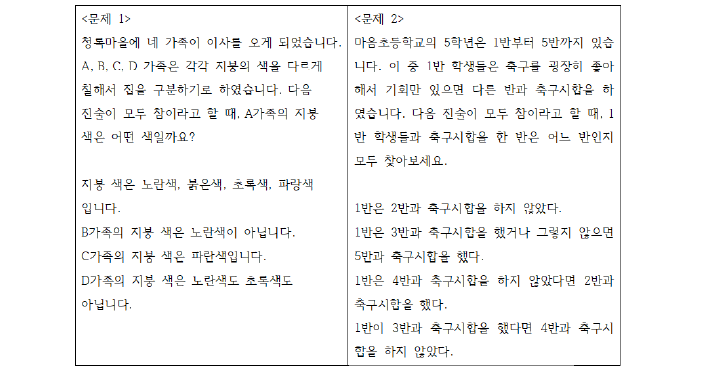Abstract
This study explored the effectiveness of personalized scaffolding using OpenAI’s large language model, ChatGPT-4.0, with the aim of enhancing elementary students’ mathematical logical problem-solving abilities. Based on Vygotsky’s socio-cultural learning theory, the influence of AI-based hint provision on students’ problem-solving abilities and self-regulated learning was analyzed. The results showed that the hints provided by ChatGPT effectively improved the students’ problem-solving levels, particularly utilizing restructuration and verification strategies efficiently. Furthermore, this AI model accurately identified the students’ errors and provided appropriate hints considering these errors. However, such effects varied depending on the difficulty of the problem and the students’ levels. These findings demonstrate the potential of AI as a tool for personalized educational support and suggest its applicability, especially in the field of mathematics education.
Figures & Tables

Fig. 1. Mathematical logic tasks


